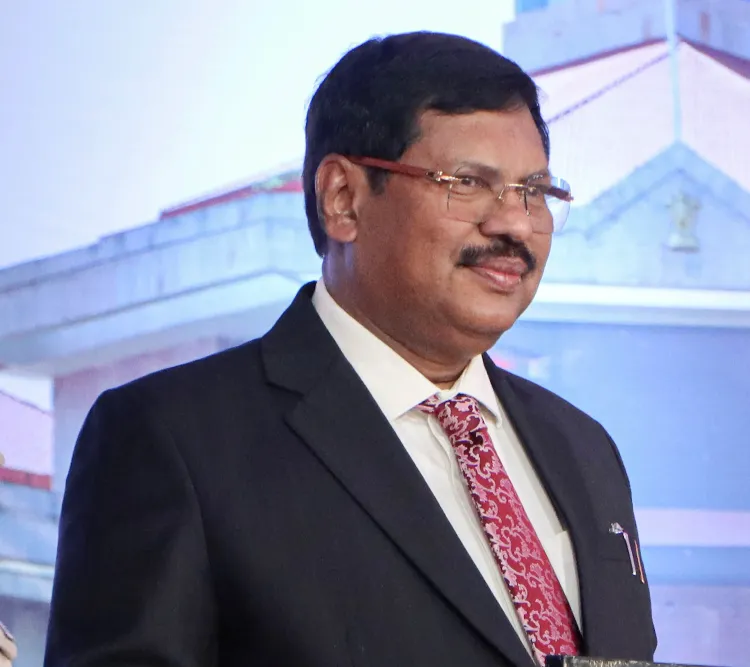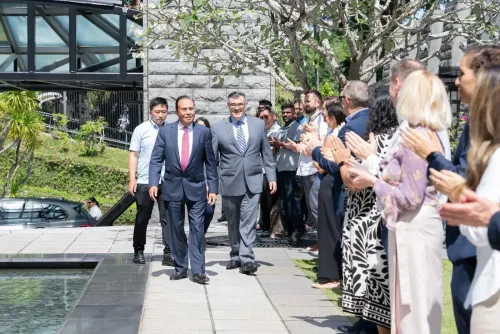How Can Arbitral Institutions Prove Arbitration is ‘Principled’?

Synopsis
Key Takeaways
- Arbitral institutions should demonstrate principled arbitration.
- Establish a diverse panel of neutral arbitrators.
- Adopt transparent procedural rules and fee structures.
- Utilize technology for efficient case management.
- Make arbitral awards truly final.
New Delhi, June 4 (NationPress) Chief Justice of India (CJI) B.R. Gavai articulated on Wednesday that arbitral institutions must demonstrate that arbitration is not solely a private affair but rather a “principled” process to build public trust.
During his address at London’s LCIA International Arbitration Symposium, CJI Gavai emphasized the necessity for arbitral institutions to assemble a panel of neutral arbitrators who are experts across various fields and jurisdictions to effectively meet the diverse needs of global parties.
Moreover, he pointed out that these institutions should adhere to clear procedural guidelines, maintain a transparent fee structure, embrace technological advancements such as virtual hearings and live transcriptions, and implement efficient case management practices.
“Ultimately, parties are not just seeking justice – they desire timely, budget-friendly resolutions that bring finality. It is this consistently well-crafted experience that ensures repeat engagement,” stated CJI Gavai.
In addition, he discussed the necessary reforms in India’s arbitration landscape, asserting that the arbitral award should serve as the conclusive resolution, rather than merely an invitation for further litigation, except in instances of manifest injustice.
“If I could wave a magic wand, I would ensure that a 'final award' is genuinely final, not a precursor to years of post-award disputes. Arbitration should not resemble the initial segment of a marathon masquerading as a sprint,” he remarked.
CJI Gavai further advocated for granting institutional arbitration the “mainstream seat” it rightfully deserves, stating, “Institutions provide structure, credibility, and discipline – it’s time to stop regarding them as a fallback option.”
He also highlighted the importance of diversifying the pool of arbitrators, emphasizing that justice should not be derived from a “closed club.” “Diversity is not merely about appearances; it leads to improved outcomes,” CJI Gavai concluded.









